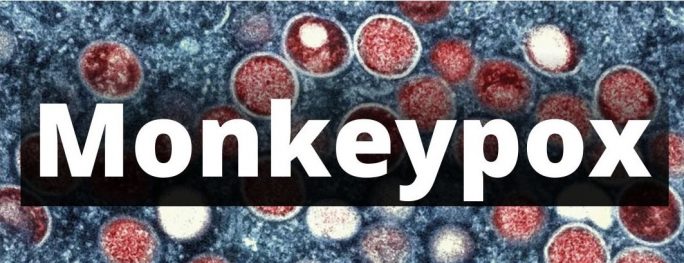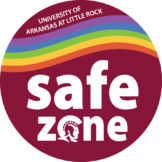Arkansas Department of Health information
The first case of monkeypox in Arkansas was identified in July 2022. As of August 11, there were 15 Arkansas cases of monkeypox.
Symptoms
The symptoms of monkeypox include fever, headache, muscle pain, and a painful rash that occurs seven to 14 days after exposure. The rash may be located on or near the genitals or anus but could also be on other areas like the hands, feet, chest, or face.
Transmission
Monkeypox is spread through close contact and can be transmitted to anyone regardless of age, gender, sexual orientation, race, and ethnicity. It can be spread by direct skin-to-skin contact with infectious rash, scabs, or body fluids. This can include household and/or intimate contact. Spreading can also occur when contacting contaminated items, such as clothing. It can also be transmitted through respiratory secretions during prolonged, face-to-face contact; however, it is not an airborne illness. Monkeypox is NOT spread through casual, brief conversations or walking by someone with monkeypox, like at a grocery store.
For Providers: Providers are encouraged to contact the ADH if monkeypox is suspected [for] coordinating testing and other considerations.
Diagnosis
A health care professional can identify monkeypox with a blood test or by looking under a microscope at a sample of fluid swabbed from the rash. Because the disease is rare, your doctor may need to rule out other, more common rash-producing illnesses such as chickenpox, measles, or syphilis.
Treatment
Antiviral drugs are effective treatments against the illness. Most people who test positive do not require treatment. However, the ADH has a small supply of the antiviral medication, TPOXX. This medication will be used for severe cases, for those with a high risk of having a severe illness, or for those whose lesions are on concerning areas of the body, like on the eyes.
Vaccines
Arkansas has been allocated a limited number of doses of Jynneos, the monkeypox vaccine. Those who are eligible for the vaccine include people who have had close contact with a known or suspected case in the last 14 days or those who have had a high-risk encounter in a setting or event where monkeypox has been reported to be spreading.
Isolation
People with monkeypox are infectious to others once symptoms begin and remain infectious until lesions form scabs, scabs fall off, and a fresh layer of skin forms. CDC recommends that people with monkeypox isolate until this point, which can take up to 4 weeks.
UA Little Rock Information
Monkeypox doesn’t meet the definition of pandemic under the Emergency Response Plan policy because the virus isn’t “efficiently transmitted between humans.” However, the presence of cases in the state is of concern and will be appropriately monitored.
As part of campus communications leading up to the fall term, UA Little Rock Health Services will share strategies to mitigate the risks of both the coronavirus and monkeypox.
In the event of an on-campus monkeypox infection, Health Services will coordinate their response with the Arkansas Department of Health. Health Services will refer to ADH for testing. Health Services will refer anyone who is symptomatic to ADH for testing.
Education to patients with suspected Monkeypox will include information about partner notification, treatment, and vaccination eligibility.
Updated August 12, 2022


